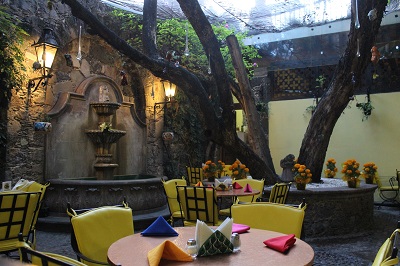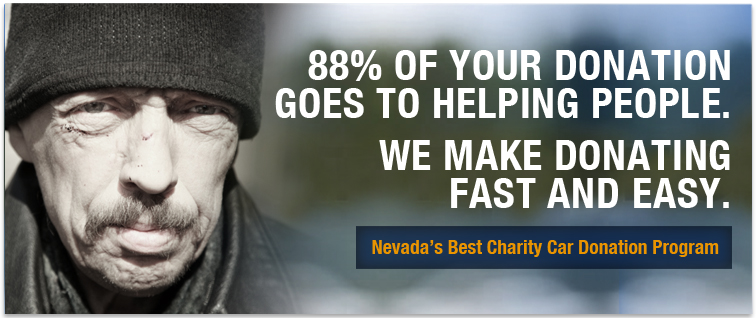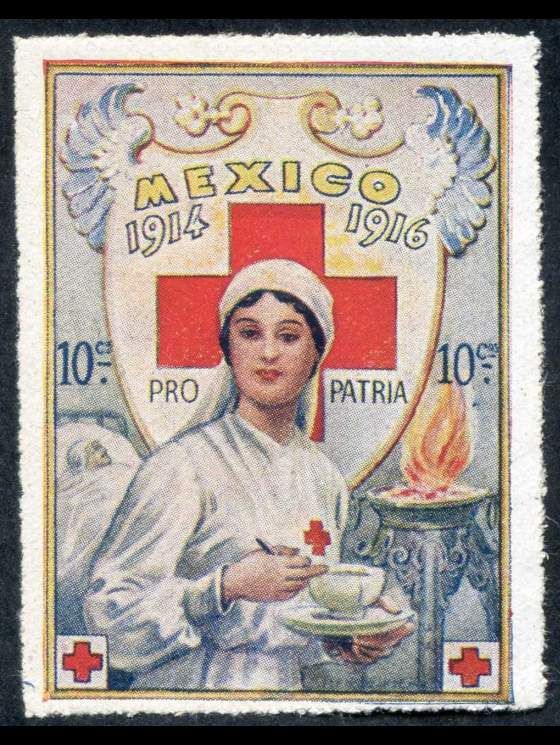Following a series of interviews with the only daughter of one of the founders of the library I thought one of the most interesting parts was her response to “What didn’t your mother like about the direction of the library after she got it off and running?”
“The restaurant.” was her quick reply. Her mother didn’t understand what running a café had to do with the library’s mission of teaching children to read or create art. As a then library board member I didn’t understand it either. In fact, at that point, the café had never earned a peso of profit to aid in literacy or art in its existence yet was having ten thousand in donations being spent to renovate it. Both this gal’s mother and I were advocates (albeit decades apart) of simply putting in a soda machine if having a pop was inexplicitly vital to children learning to read.
Foreigners managing charities long ago grasped running businesses could generate future profits to fund their charitable pursuits. Featuring a wide array of industries (theaters, tours, real estate, etc.) with nothing in common with the goal of the charity (elder care, assisting the blind, etc.) they hope to fund the charity.
A decade or more ago these businesses held a great economic appeal, particularly when they were the only games in town. For instance, at one point the Atencion was the only English language newspaper, the Santa Ana was the only theater, etc. No longer the case, all businesses under a charity’s umbrella have Mexican owned and run competition providing the same, and often better, products or services.
How does this affect your donations and volunteer efforts? Greatly is the short answer.
For example, you give lectures to provide funds for healthcare. The profit from your efforts goes into the profit and loss statement of the business. If the business made any profit that month it is passed up to the business of running the charity (for employees, rent, businesses that lost money, etc.). Then, and only then, if there are any leftover pesos they may be spent on the stated mission of the charity like providing healthcare.
Yet though ignorance, or intent, these fund raising events are promoted as the price you paid going directly to scholarships, hospitals, etc. They often are not. 
For instance, while on the board of various charities here in town, I’d see donations in the six figures come in and simply disappear. If your charity is losing ten thousand dollars a month keeping their businesses afloat, one hundred thousand dollars evaporates on business expenses in under a year.
Another part of the equation is that for many in leadership positions (paid or volunteer) staff size and operational expenses are a symbol of your power and control. The more staff under you, and the more you spend, the higher up you are in status.
So what are the solutions open to you as a volunteer or donor?
Without a charity’s various businesses many will claim they can’t cover expenses, much less charitable acts. But that’s looking at the problem backwards. What if the charity had few expenses? That’s the key to a paradigm shift providing future success.
One option for you is to insist each charity only be in the business of providing charitable acts that directly help locals in need. For example, the library pays no rent so what if there was only a skeletal level of paid staff? The children’s library would be staffed by volunteers and if you can only plug in volunteers for four hours a day then the children’s art and reading classes are held during those four hours.
This way, if in your will you leave money for children’s literacy those funds go to buy books while keeping the lights on and doors open (the only costs incurred). No more paying for staff for nine months of year the businesses lose money as foreign tourism has dried up after Easter.
Secondly, as a volunteer, if you want your efforts to help locals in need you need to get paid for your efforts. For example I’ve a pal that wrote a book on SMA art with the book’s sales to fund art classes. My advice to her was take her royalties, not simply hand them over to the charity’s business, and go buy art supplies for her to give to the teacher. Otherwise, her book’s efforts had zero impact on those she most wanted to help if the business had no profit that month.
I learned this lesson myself the hard way. Lectures I donated the entire proceeds to got ate up in expenses while tours I gave that I collected the funds for and went and bought the books myself and donated, directly improved literacy.
Thirdly, encourage foreigner run charities to promote exactly what audited percentage of each donation goes to overhead versus direct client services. Charities up North do this so you can easily google full disclosure information to comparatively determine how efficiently they are run. Here you have to ask what percentage of money given goes directly to those in need versus overhead. I’ve asked, and the question is ignored or answered intentional vague and evasive.
So to recap, without foreign managed charities running businesses, Mexican waitresses, newspaper owners, tour guides and alike all continue to thrive with a little less competition. In addition, there are options for you to implement so that Mexicans truly in need have a better chance of your donations or volunteer efforts directly benefitting them. Yes, the charities may no longer be large employers or business owners, but isn’t that a good thing? Anything that distracts a volunteer, or needs paid staff to focus on, that isn’t a direct service to those in need perhaps is something that never really needed done to begin with.
To say you made a donation, volunteer at a fund raising event, or bought an item that “supports a charity” isn’t enough. Help those foreigners leading charities be charitable and not bogged down in the business of running businesses. Some do and shine brightly at it. Wouldn’t it be grand if every charity did?
Joseph Toone is the Historical Society’s short-story award winning author of the SMA Secrets book series. All books in the series are Amazon bestsellers in Mexican Travel and Holidays. Toone is SMA’s expert and TripAdvisor’s top ranked historical tour guide telling the stories behind what we do in today’s SMA. Visit HistoryAndCultureWalkin




